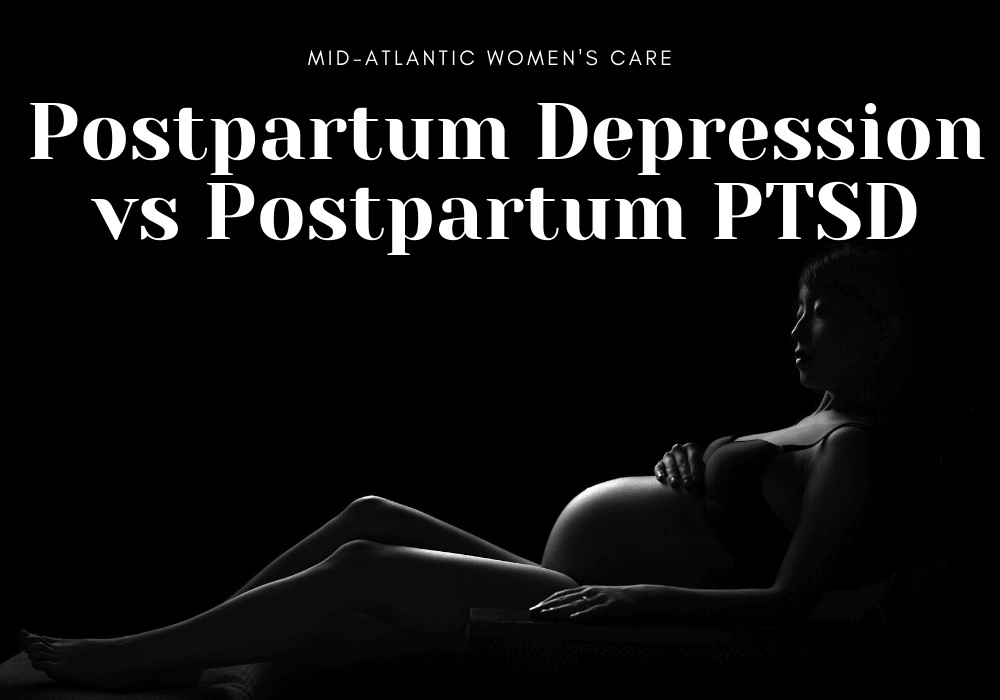New chapters in life can be exciting, but change can also cause anxiety. Think about getting a new job – it’s a great opportunity, hopefully with more pay and in line with what you want to do long-term, but there’s a lot of uncertainty. Will you get along with your coworkers? Will you learn the systems quickly and efficiently? Will your boss be nice or harsh?
Now multiply those uncertainties – and your responsibilities for them – by ten thousand. With the excitement of bringing a new child into the world, there’s immense pressure to not only keep your child healthy but raise them right.
This is only the most obvious challenge of giving birth. Few folks take into consideration the intensities of labor on the body and the shift of focus from mother to baby. Any small complication with the child or even the labor plan can cause immense anxiety and stress.
Not to mention, anything less than the explosion of love and affection outsiders ensured you’d feel after birth might make a woman immediately question her mothering skills and feel some sort of postpartum depression.
While usually tied into one neat, trauma-filled, anxiety-ridden package, postpartum PTSD and postpartum depression are completely different. Women may experience either, both, or neither. If left untreated, P-PTSD can easily lead to postpartum depression.
What are the symptoms?
There are lots of symptoms the diagnoses share, but there are plenty that separate them, too. Here’s a breakdown of the symptoms:
Specific to PD (postpartum depression):
- Intense hopelessness and sadness
- Obsessive worrying or severe anxiety
- Intrusive thoughts of self-harm or harm to the baby
- Guilty feelings or thoughts of worthlessness
- Change in appetite (not eating enough or overeating)
Specific to P-PTSD (postpartum PTSD):
- Being easily startled
- Nightmares and flashbacks that are recurring
- Avoiding the baby and anything related to birth
- Aggression and irritability
- Panic attacks
Symptoms PD and P-PTSD share:
- Withdrawing from social interaction
- A strain on personal relationships
- Insomnia
- Difficulty with or no desire to bond with the newborn
How common are these disorders?
Studies show that full-blown P-PTSD affects 3-7 percent of women, but around 30% of women suffer some sort of PTSD after birth. Increased circumstances can occur if the baby has a medical condition, is rushed to the ICU, or is born prematurely. Non-planned changes that go against the mother’s birth plan such as a fast labor, c-section, lack of epidural, and even difficulties breastfeeding can cause stress and contribute to PTSD.
Postpartum depression is much more common, with a majority of women feeling some sort of “baby blues” directly after birth. 50-75% of women show signs of extreme sadness and anxiety within two weeks after delivery. This develops into a more long-term and severe depression for about 15% of women.
How long do they last?
Generally, both disorders can last anywhere from a few weeks to the first year of a child’s life. Of course, when left untreated, both disorders can draw guilt and stress out longer.
If you feel like you may be experiencing one or both of these disorders, Mid-Atlantic Women’s Care has plenty of treatment and counseling options. Talk to your doctor about your options and what treatments might work best for you.
Remember, just like any big changes in life, you’ll get the hang of this major one! Never blame yourself for how you’re feeling, and never doubt your ability to be a mother. You’ve got this, and Mid-Atlantic Women’s Care is here to help.

